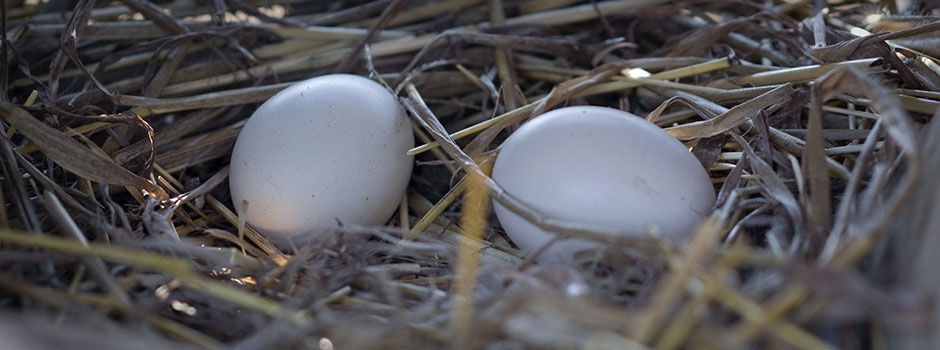Stakeholder Workshop on Integrated Manure Management in Latin America and the Caribbean
September 28 – 30, 2015, Mexico City, Mexico
Workshop to facilitate a stakeholder dialogue about the opportunities for and challenges to improving manure management in Latin America and the Caribbean. The workshop is initiated by the Livestock and Manure Management Component (LMMC) of the Climate and Clean Air Coalition’s Agriculture Initiative. It is organized by the LMMC regional centre for South and Central America (CATIE) and will take place at the Montecillo campus of the Postgraduate College of Mexico (COLPOS).
Target audiences are members of government, the private sector, academia, and research organizations from numerous Latin American and Caribbean countries.
The workshop programme includes:
- Presentations of currently implemented Opportunities for Practice Change of which two are located in South and Central America;
- Working group sessions to define action items and recommendations;
- A “market place” venue where participants will display innovations in manure management;
- Site visits to the experimental agricultural stations of COLPOS.
The workshop is hosted by the Mexican Secretariat of Livestock, Agriculture, Rural Development, Fisheries, and Food (SAGARPA), the Postgraduate College of Mexico (COLPOS), the Mexican National Research Institute for Forestry, Agriculture, and Livestock (INIFAP), and the Shared Risk Trust (FIRCO).
The workshop will contribute to knowledge and awareness of integrated manure management, which have been found to be lacking in the Latin American and Caribbean region (Teenstra et al. 2015). These contributions are important because of the numerous benefits that integrated manure management can have for nutrition and food security, the environment, and public health. For example, manure is a key source of the nutrients that maintain the physical, chemical, and biological properties of productive and sustainable agricultural soils. On-farm manure processing can reduce the farm’s environmental impact in terms of greenhouse gas emissions (mainly methane and nitrous oxide), the pollution of water sources, and odors. Reducing these impacts constitutes a major benefit to public health. Manure also has the potential to generate renewable energy.
After the workshop, CATIE will lead the drafting of a policy brief for policymakers and a summary report for researchers, practitioners, and other stakeholders in manure management.
For more information please contact Cristóbal Villanueva, the regional LMMC representative at CATIE: [email protected].







